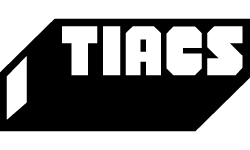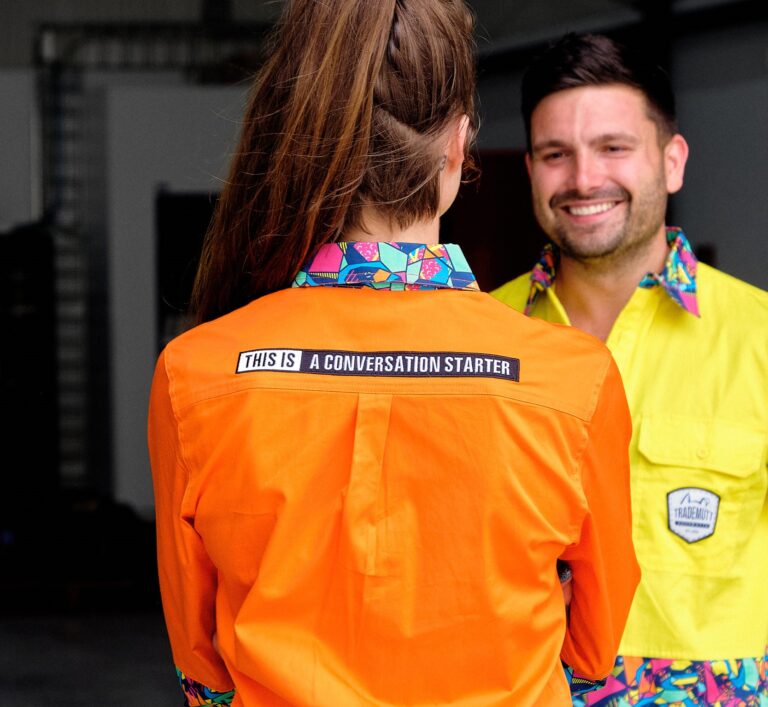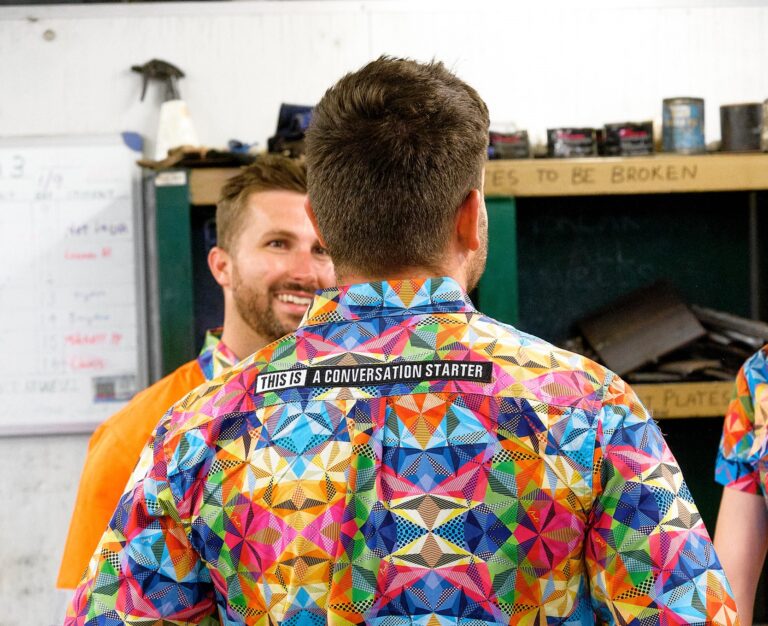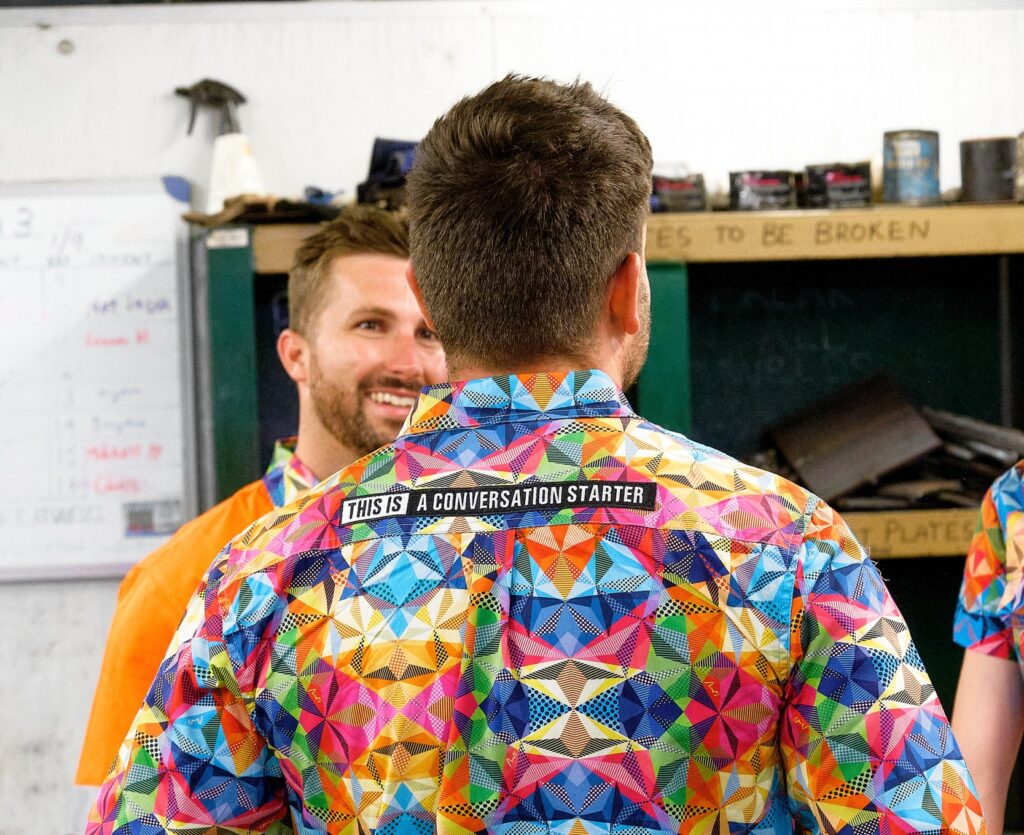Starting a conversation in the workplace, about mental wellbeing and mental illness, can be challenging – busy schedules with just not enough hours in the day, discomfort talking about mental health issues at work, not knowing what to do or where to start or your workplace polices are there but they’re really not translating to action or making sense to people on the ground. These challenges are common.
The main approach is not thinking of it as another thing on the ‘to do list’ but a way of creating an environment where it’s safe and natural to talk candidly about mental health. People being aware of how to manage their wellbeing or help others becomes part of the everyday work rhythm. It can be a game changer between someone diving further into a dark hole or making it through the day thinking “I’ve got this and my work mates are there to back me”.
This fact sheet aims to provide you with some helpful tips to get the conversation started in the workplace. No matter the size of your work environment it’s as simple as grabbing an idea and trying it out. You don’t need to be an expert to get the conversation started. Creating a culture where people feel confident in opening up about their challenges and just being there for someone can be the major turning point in their recovery.
Tip 1 – Sharing Your Experience
Talking openly about your personal experience and journey can make a real difference in ‘normalising’ and connecting with others. Many people experience mental health issues at some time in their lives and there’s just as many people who live and/or know someone experiencing mental illness.
Having those courageous conversations can also help change negative attitudes and stereotypes about mental health conditions. Basically, labels are a lack of understanding and a lack of understanding comes from a lack of knowledge. The more conversations we have with people the more we can create a broader perspective and awareness and challenge the myths and stereotypes about mental illness.
Tip 2 – Get The Team Together
Team meetings/catch ups, toolbox talks, events or whatever way you can bring the team together to raise awareness about mental health. Through informal yarns, presentations or structured activities you can start the conversation by exploring topics like signs to look out for; understanding facts and debunking myths; types of support and resources available; and sharing ideas about what would work to promote a healthy culture at your workplace.
There are loads of online resources to choose from. Try to avoid a school room set up and ‘talking at’ presentation style. You could listen to a podcast together; you might have a champion at work that can lead the conversation. Choose the right space that will make people feel comfortable – food, icebreakers, go outdoors, do a walk and talk in between topics so people can reflect on the information in pairs then bring back their thoughts to the broader group.
Remember these types of get togethers need to be regular and ongoing. Make it interesting and fun (like Funky Short Friday). Check back with the team to see if the ideas you all put in place are making a difference.
Tip 3 – Funky Shirt Fridays
Make Funky Shirt Friday a ritual that happens every Friday. By wearing a funky shirt every Friday, we are turning the best day of the week into one day of the week where we can all take ownership of our own mental health. The only way to truly change the culture surrounding mental health is by taking action over what we can control, and that starts with the way we speak and act.
By wearing an outrageously funky shirt on the best day of the week together we can encourage meaningful conversations and make an invisible issue impossible to ignore. The best way to help others talk more openly about their mental and emotional health is not by asking them to, but rather showing them how. Funky Shirt Friday is a great way for everyone to get involved.
Tip 4 – Partnerships
Build your support network and connect with professionals and people who know how to provide support either to individuals or the team. Many organisations have EAP but getting someone onsite and getting to know your team offers that personal touch.
NEED SOME SUPPORT?
Text or call TIACS whether you need some support for yourself or looking for some guidance as to how to help someone else. TIACS is available Monday to Friday from 8am to 10pm AEST.
0488 846 988
LET’S GET THE CONVERSATION STARTED






